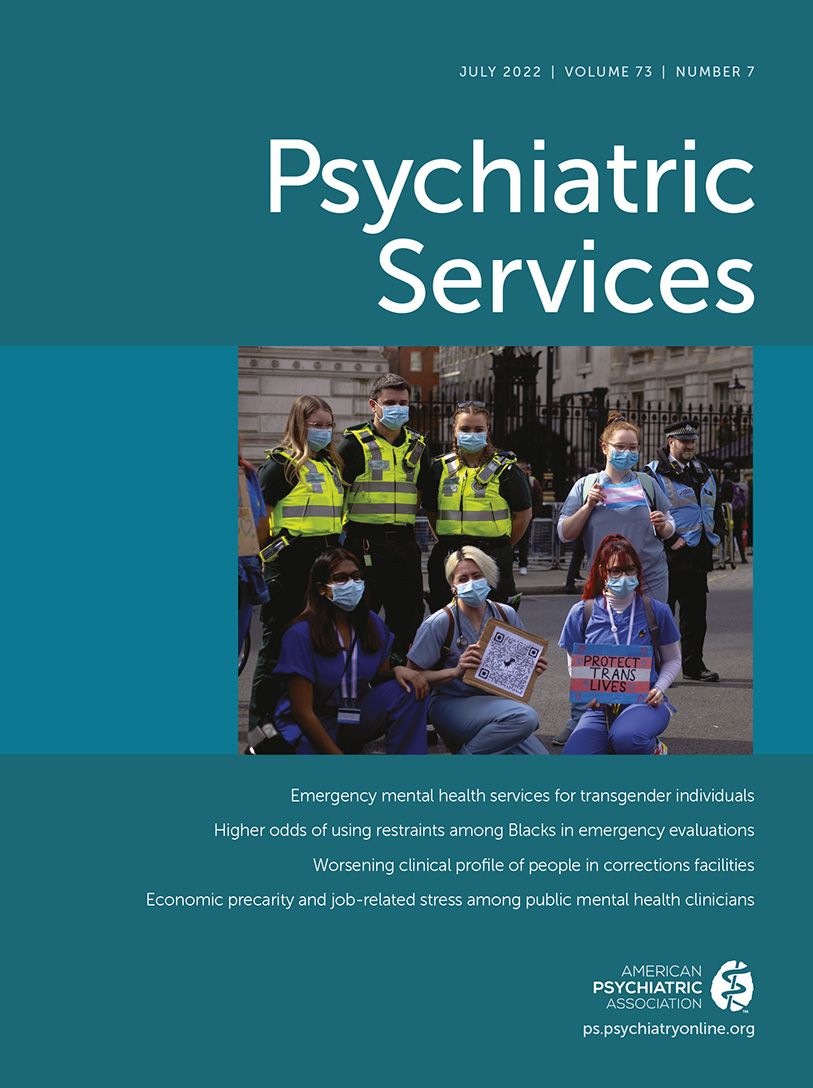Leveraging Latinx and Spanish-Language Media to Achieve Mental Health Equity
Abstract
Efforts that destigmatize mental health, especially media campaigns, have not fully penetrated Latinx and Spanish-language media and have not reached consumers. This lack of reach conceivably contributes to high stigma and low use of mental health care services among young, diverse, and growing Latinx populations. Latinx and Spanish-language media have been historically excluded from media-related research examining stigmatizing content and help-seeking resources. Moreover, Latinx populations are rarely included in antistigma efficacy trials. Such exclusion has plausibly restricted mental health service utilization for Latinx communities, thereby perpetuating mental health inequities. Addressing these inequities can help support effective future antistigma efforts that leverage Latinx and Spanish-language mass media to rapidly reach Latinx audiences and narrow treatment gaps.



